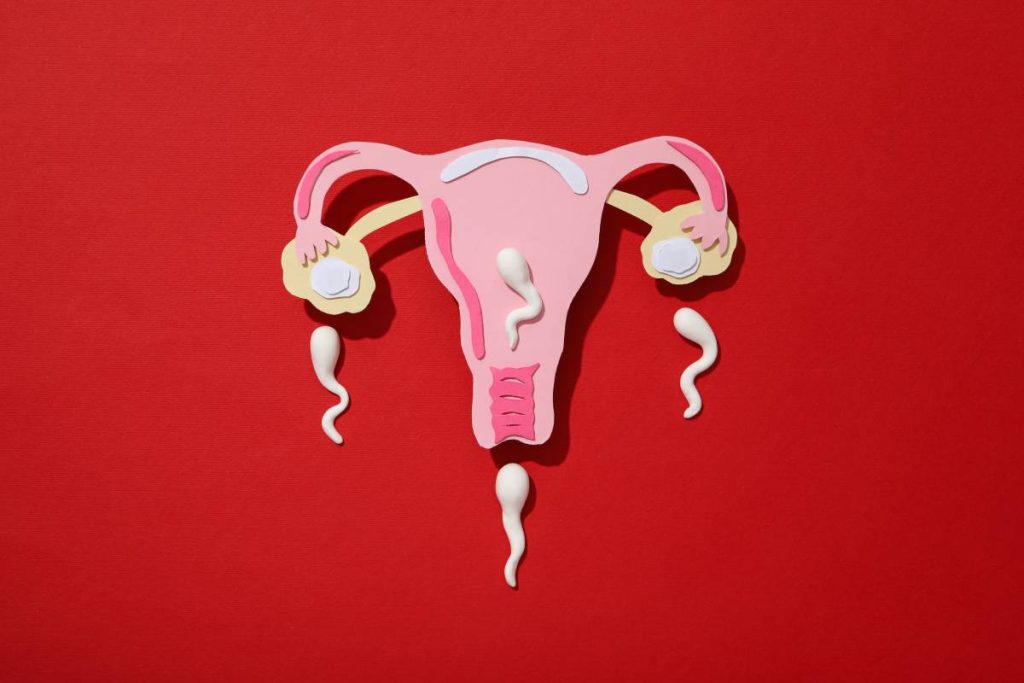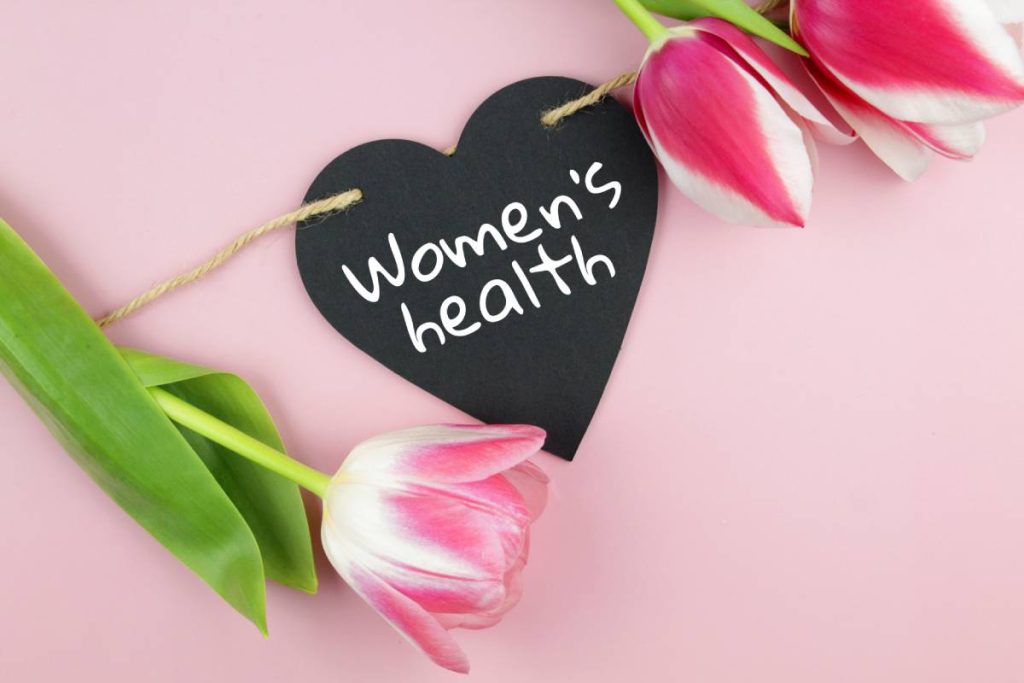Improving oneself as a woman is a multifaceted journey encompassing physical health, mental well-being, continuous learning, and empowerment. In this exploration, we’ll delve into key strategies for enhancing various aspects of a woman’s life.

What can we do for women’s health?
Improving women’s health involves several key strategies. Firstly, promoting regular medical check-ups is crucial. Regular screenings for conditions like breast and cervical cancer can detect issues early, increasing the chances of successful treatment.
Encouraging a balanced lifestyle with proper nutrition and regular exercise is essential. A well-rounded diet supports overall health, while physical activity reduces the risk of various diseases, including heart problems and osteoporosis.
Access to education and information is vital. By empowering women with knowledge about their bodies and health, they can make informed decisions. This includes understanding reproductive health, family planning options, and recognizing symptoms of common health issues.
Addressing mental health is equally important. Society must break stigmas surrounding mental well-being and provide accessible mental health services. Women should feel supported in seeking help for conditions like anxiety and depression.
Ensuring affordable and accessible healthcare services is a priority. This involves removing financial barriers to healthcare, providing affordable medications, and expanding access to reproductive health services. Governments and organizations can play a crucial role in making healthcare more inclusive.
Workplace policies that support women’s health contribute significantly. Implementing measures like flexible working hours, maternity leave, and lactation support can create a healthier work environment. This not only benefits women but also promotes overall employee well-being.
Supporting research on women’s health issues is crucial. Increased understanding of gender-specific health concerns can lead to more effective prevention and treatment strategies. This includes research on conditions such as endometriosis, polycystic ovary syndrome (PCOS), and other women-specific health challenges.
Empowering women economically is a holistic approach. Financial independence allows women to afford healthcare, make healthier lifestyle choices, and prioritize their well-being. This involves promoting equal opportunities in the workplace and ensuring fair wages.
Community awareness campaigns play a pivotal role. Initiatives that educate communities about women’s health issues, break down stereotypes, and encourage supportive environments foster a collective responsibility for women’s well-being.
In conclusion, enhancing women’s health involves a multifaceted approach. From regular check-ups and healthy lifestyle promotion to addressing mental health, ensuring healthcare accessibility, supporting workplace policies, advancing research, promoting economic empowerment, and fostering community awareness—each aspect contributes to a healthier and more equitable future for women.

What are 8 female health concerns?
Women face various health concerns that require attention and proactive measures. Firstly, reproductive health is pivotal. Regular screenings for breast and cervical cancer can detect issues early, increasing successful treatment chances. Understanding reproductive health and family planning options empowers women to make informed decisions.
Nutrition and exercise play a crucial role. A balanced diet and regular physical activity reduce the risk of heart problems and osteoporosis. Maintaining a healthy lifestyle is essential for overall well-being.
Mental health is equally important. Breaking stigmas and providing accessible mental health services help women seek help for conditions like anxiety and depression. Societal support is crucial for mental well-being.
Chronic conditions pose significant challenges. Diseases like diabetes and hypertension affect women, emphasizing the need for regular check-ups and management strategies. Early detection and proactive management are key.
Sexual health is a concern that encompasses various aspects. Regular STI screenings, safe sex practices, and open communication with healthcare providers contribute to overall sexual well-being. Educating women on these aspects is essential.
Gynecological conditions, such as endometriosis and polycystic ovary syndrome (PCOS), require attention. Research on these conditions aids in developing effective prevention and treatment strategies. Increased awareness is crucial for early diagnosis and management.
Autoimmune diseases disproportionately affect women. Conditions like lupus and rheumatoid arthritis require ongoing management and awareness. Understanding symptoms and seeking timely medical assistance are vital.
Bone health is a common concern, especially with aging. Osteoporosis is a significant issue, emphasizing the importance of calcium intake, vitamin D, and weight-bearing exercises for maintaining strong bones.
In conclusion, addressing these eight female health concerns involves a comprehensive approach. Regular screenings, healthy lifestyle choices, mental health support, and awareness campaigns are crucial. Empowering women with knowledge and ensuring accessible healthcare contribute to a healthier future for all.

How can I improve myself as a woman?
Improving oneself as a woman involves various aspects that contribute to overall well-being. Firstly, prioritize self-care. Take time for relaxation and engage in activities that bring joy and reduce stress.
Focus on physical health by adopting a balanced diet and incorporating regular exercise into your routine. This supports overall well-being and reduces the risk of various health concerns.
Invest in mental health by fostering a positive mindset and seeking support when needed. Break stigmas surrounding mental well-being and prioritize self-reflection for personal growth.
Continuous learning is essential. Stay curious, read, and acquire new skills. This not only broadens your knowledge but also enhances your confidence and adaptability.
Set realistic goals and break them into manageable steps. This approach makes achievements more attainable and boosts motivation.
Cultivate strong relationships with supportive individuals. Surrounding yourself with positive influences contributes to emotional well-being and personal development.
Financial empowerment is crucial. Learn about budgeting, savings, and investment to secure your financial future. This independence provides a sense of security and control.
Advocate for yourself in personal and professional settings. Communicate assertively, express your needs, and set boundaries. This builds confidence and ensures your voice is heard.
Embrace failure as a part of growth. Learn from challenges and setbacks, using them as opportunities for personal development. Resilience is a key element of self-improvement.
Regularly assess your values and priorities. Align your actions with what truly matters to you, fostering authenticity and fulfillment.
Explore new experiences and step out of your comfort zone. This promotes personal growth and builds resilience in navigating diverse situations.
Celebrate achievements, both big and small. Acknowledge your progress and accomplishments to boost self-esteem and motivation.
Practice gratitude by recognizing and appreciating positive aspects of your life. This mindset shift contributes to a more positive outlook and increased well-being.
Engage in activities that promote relaxation and stress relief. Whether it’s meditation, hobbies, or spending time in nature, finding moments of calm is essential for overall self-improvement.
In conclusion, self-improvement for women involves a holistic approach that encompasses physical and mental health, continuous learning, financial empowerment, assertiveness, resilience, and gratitude. By focusing on these aspects and embracing personal growth, you can enhance your overall well-being and lead a more fulfilling life.

Conclusion: In conclusion, the path to self-improvement for women involves prioritizing self-care, fostering positive relationships, embracing challenges, and celebrating achievements. By adopting a holistic approach that integrates physical and mental well-being, continuous learning, financial empowerment, and resilience, women can navigate life with confidence and fulfillment.











